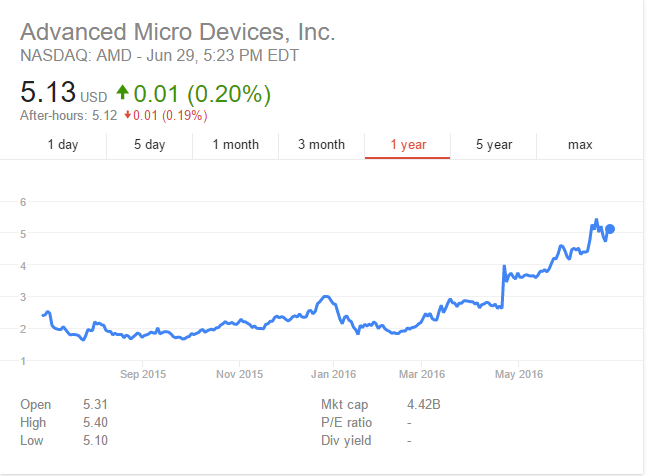HardOCP News
[H] News
- Joined
- Dec 31, 1969
- Messages
- 0
Anyone that has read our recent editorials knows what this article is saying is right on the money. Speaking of money, AMD has been in financial trouble for some time and, unless the company turns things around, bankruptcy is a very real possibility. For everyone's sake, let's keep our fingers crossed that AMD does eventually turn things around.
Advanced Micro Devices (NASDAQ: AMD) has been a financially distressed firm over the recent years and discussions about its future have often resulted in heated debates. While some believe the chipmaker is making the right moves to stage a successful turnaround, others are convinced that its bankruptcy is imminent going forward.
Advanced Micro Devices (NASDAQ: AMD) has been a financially distressed firm over the recent years and discussions about its future have often resulted in heated debates. While some believe the chipmaker is making the right moves to stage a successful turnaround, others are convinced that its bankruptcy is imminent going forward.
![[H]ard|Forum](/styles/hardforum/xenforo/logo_dark.png)
